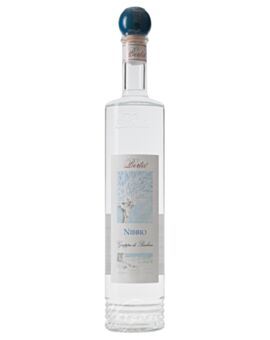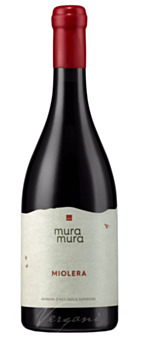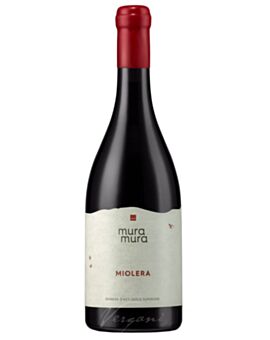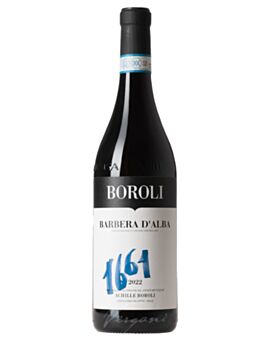Barbera
Barbera
Today it is one of the three great grape varieties of Italy, ranking third in terms of production volume behind Sangiovese and Montepulciano. This was not always the case. Its reputation was considered badly tarnished before the turn of the millennium. How could it have come to this?
1984 was not a good year for Italian red wine and for Barbera in particular. At least eight people died because unscrupulous wine counterfeiters (after the glycol scandal in Austria) had now tainted cheap wines in Italy with deadly methyl alcohol. The confidence in the wines from Italy had reached a low point. Accordingly, the sales figures developed disastrously. It took decades for the market to recover, and it did, thanks to the quality work of winemakers and even stricter controls. Tempi passati.
And yet, Barbera still causes confusion today. From the rustic, quaffable red wine without vintage or the slender Barbera d'Alba DOC to the elegant, complex wine with the appellation Barbera d'Asti Superiore DOCG or sounding names like Bricco dell'Uccellone from Braida, there are pretty much all variants and qualities in Piedmont. The adaptable and high-yielding grape variety also originates from here, here (in Monferrato) it was already cultivated in the 13th century. The special feature of Piedmont is the interplay of plenty of sunshine during the day and cool temperatures at night. A climate made for the Barbera. It helps to preserve the acidity in the grape berries and promotes the fruit.
The most important Barbera regions are located around Alba and Asti. In the Alba region, however, it is clearly overshadowed by the well-known and noble Barolo and Barbaresco, where the Nebbiolo grape variety occupies the best sites for itself. The Barbera d'Alba DOC shows itself there usually slimmer, more straightforward and with an appealing acidity. In the Asti region, things are different. There, the Barbera prospers in preferred locations, which produces powerful and sometimes also bulky wines. A good Barbera d'Asti DOCG or Barbera d'Asti Superiore DOCG is fruity, with direct cherry and berry aromas, subtle tannin and freshness. It remains drinkable and, when aged in wood, has beguiling toasty aromas. Lighter-bodied, fruit-driven Barbera is an excellent match for Piedmontese cuisine. Vegetable stews, ragouts, pasta, strong sauces. A well-made Barbera aged in wood over time, with its elegant acidity, easily handles hearty dishes, braised meat or game.




